A digital signage player plays media files such as images, videos, web pages, and IPTV screens, and displays them visually on digital screens.
More advanced digital signage players can:
- Report on individual media through proof of play
- Report on the health and status of the media player
- Interrupt screen displays to share topical announcements
- Synchronise content across different media players for maximum impact
Got a question about digital signage? We’d be happy to help you answer it. Click here to get in touch.

 Signup with Google
Signup with Google

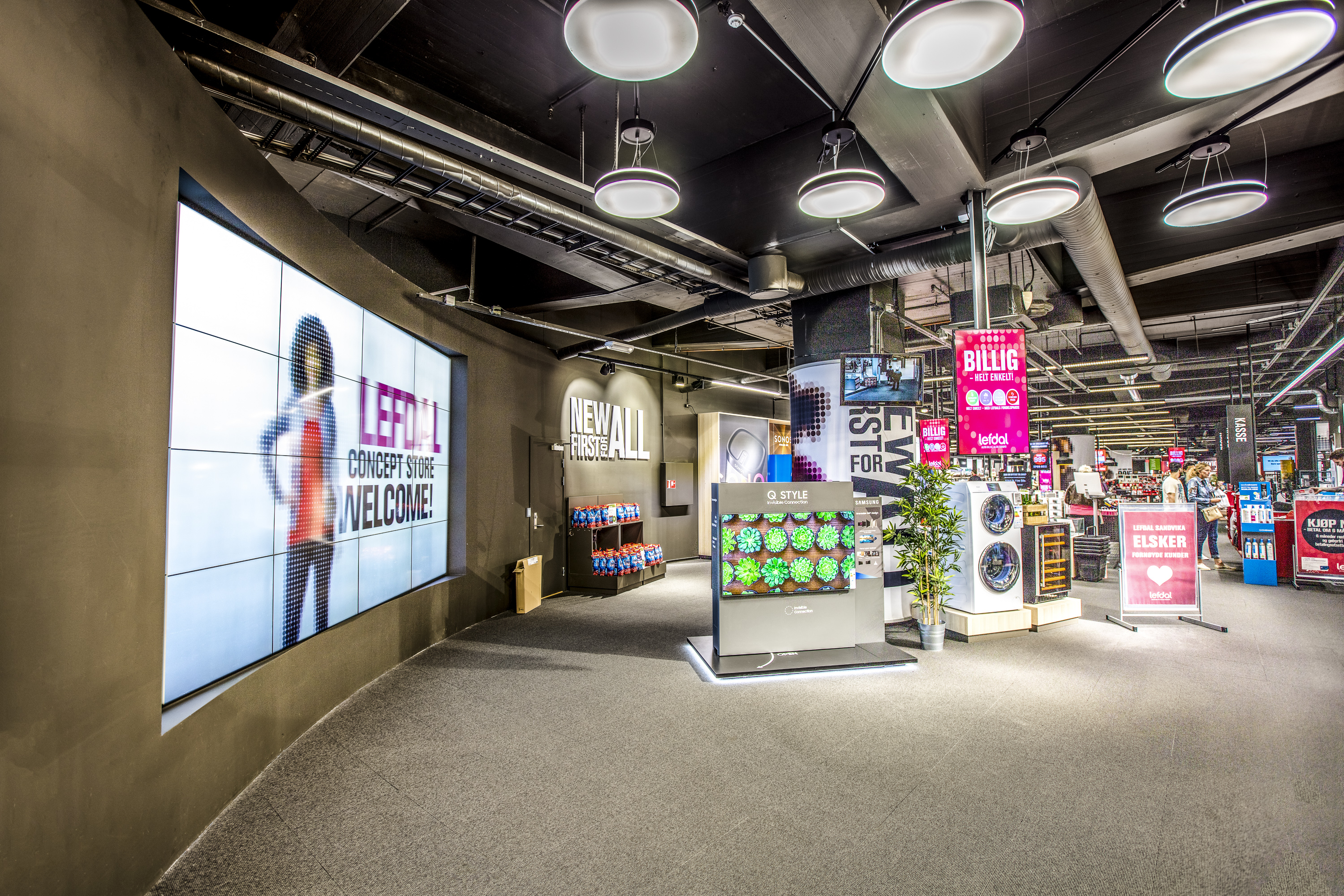
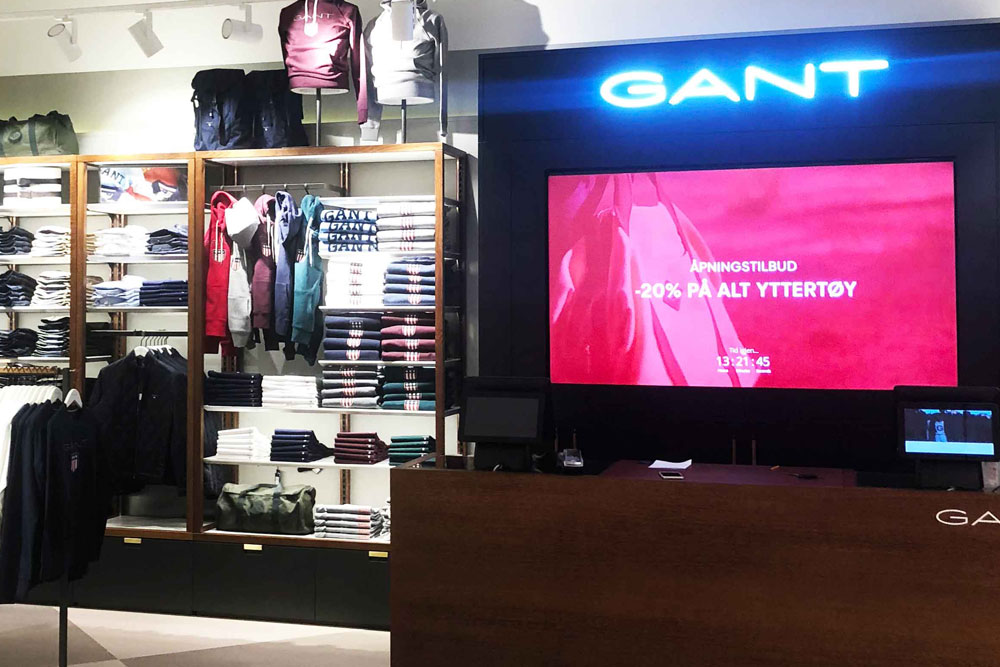
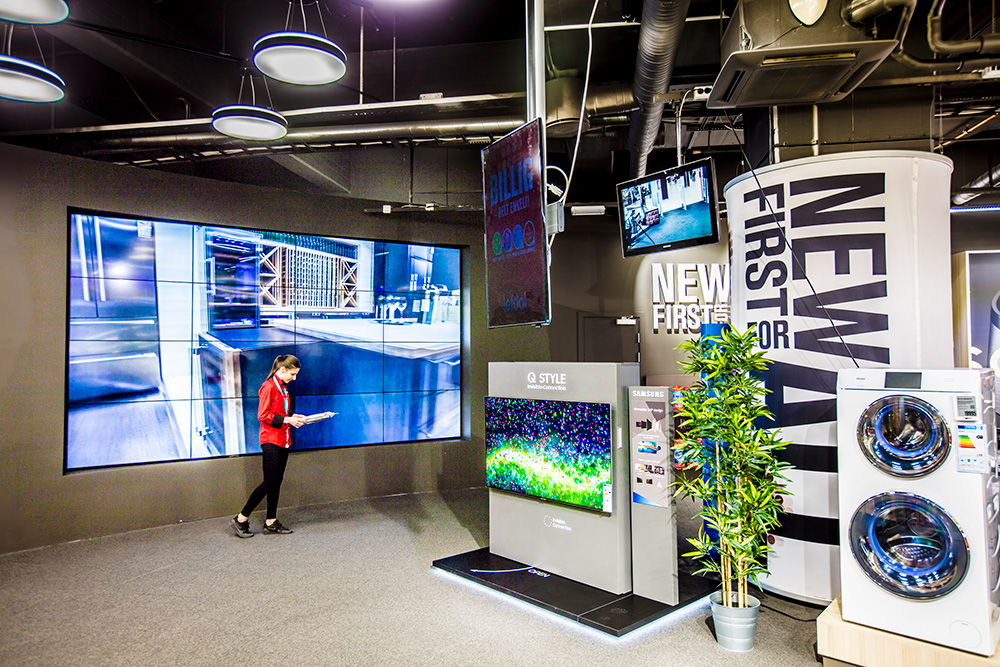
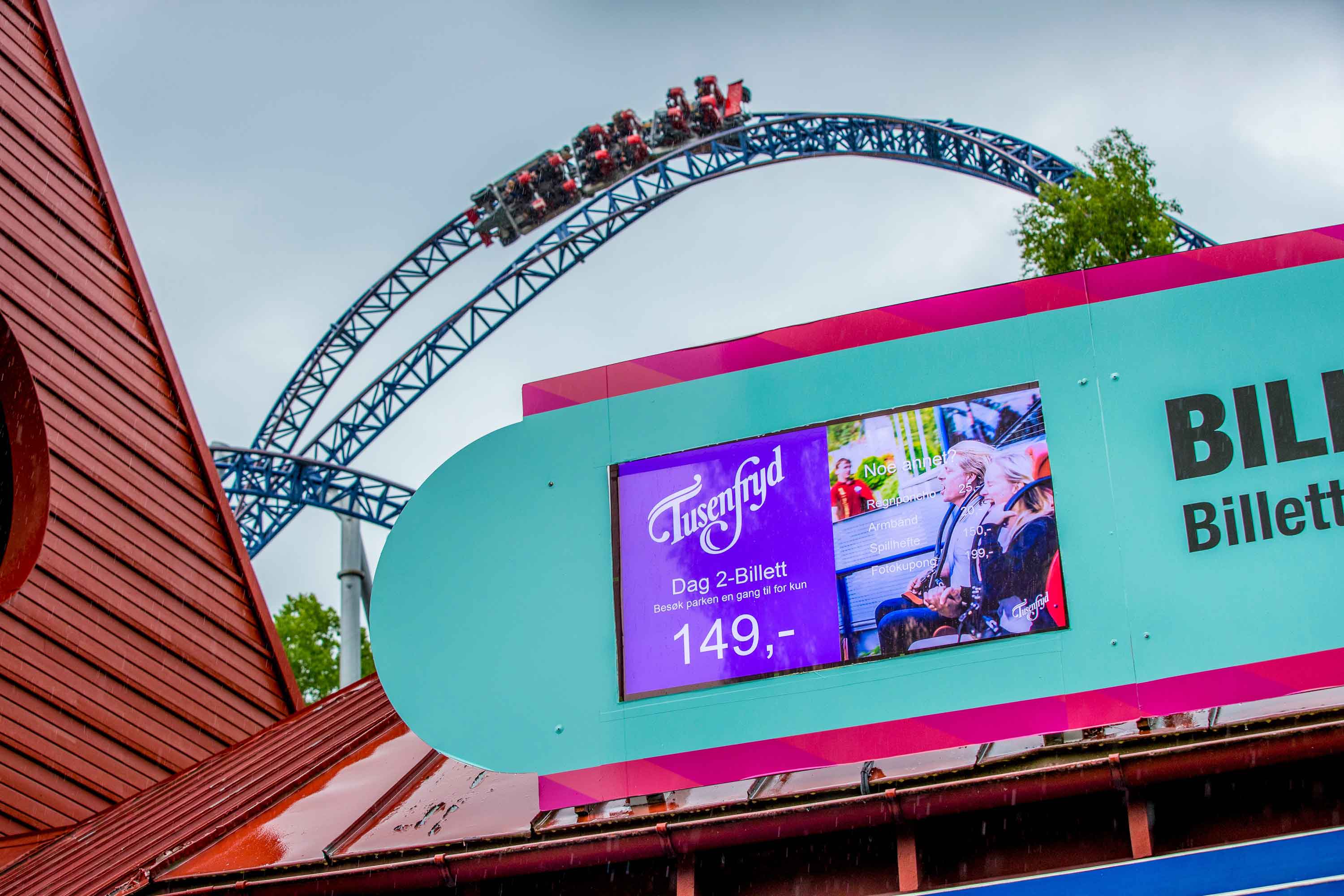


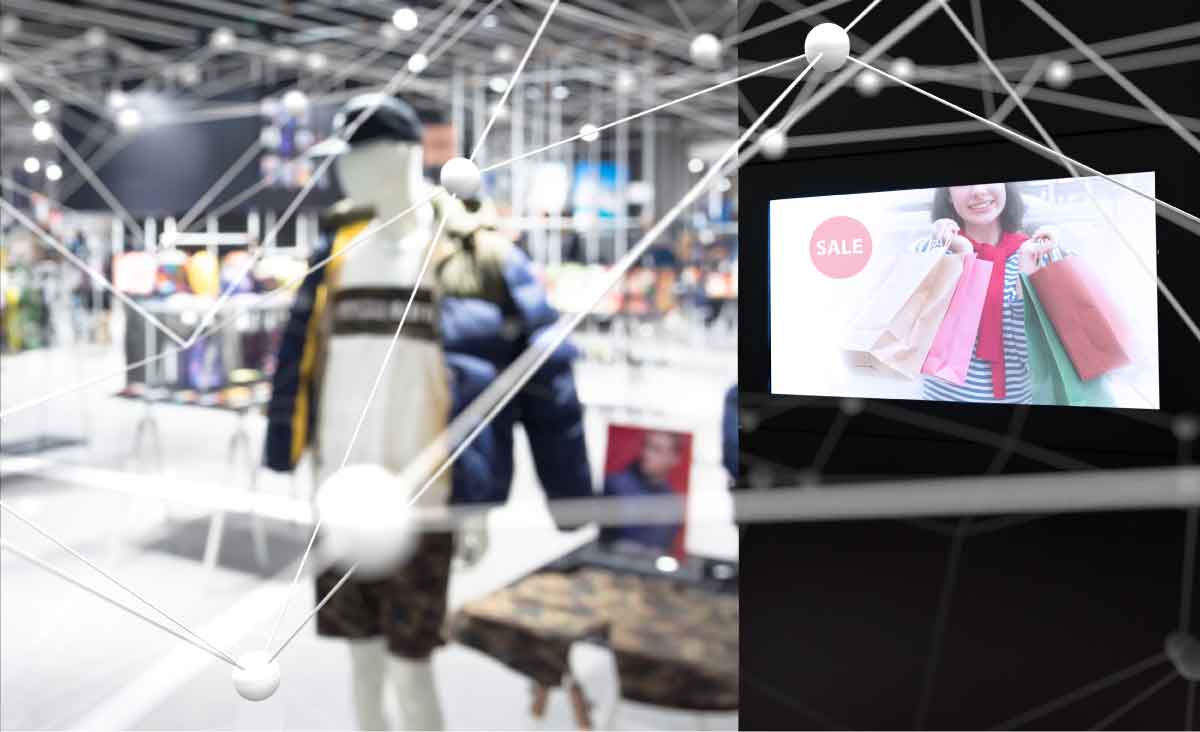



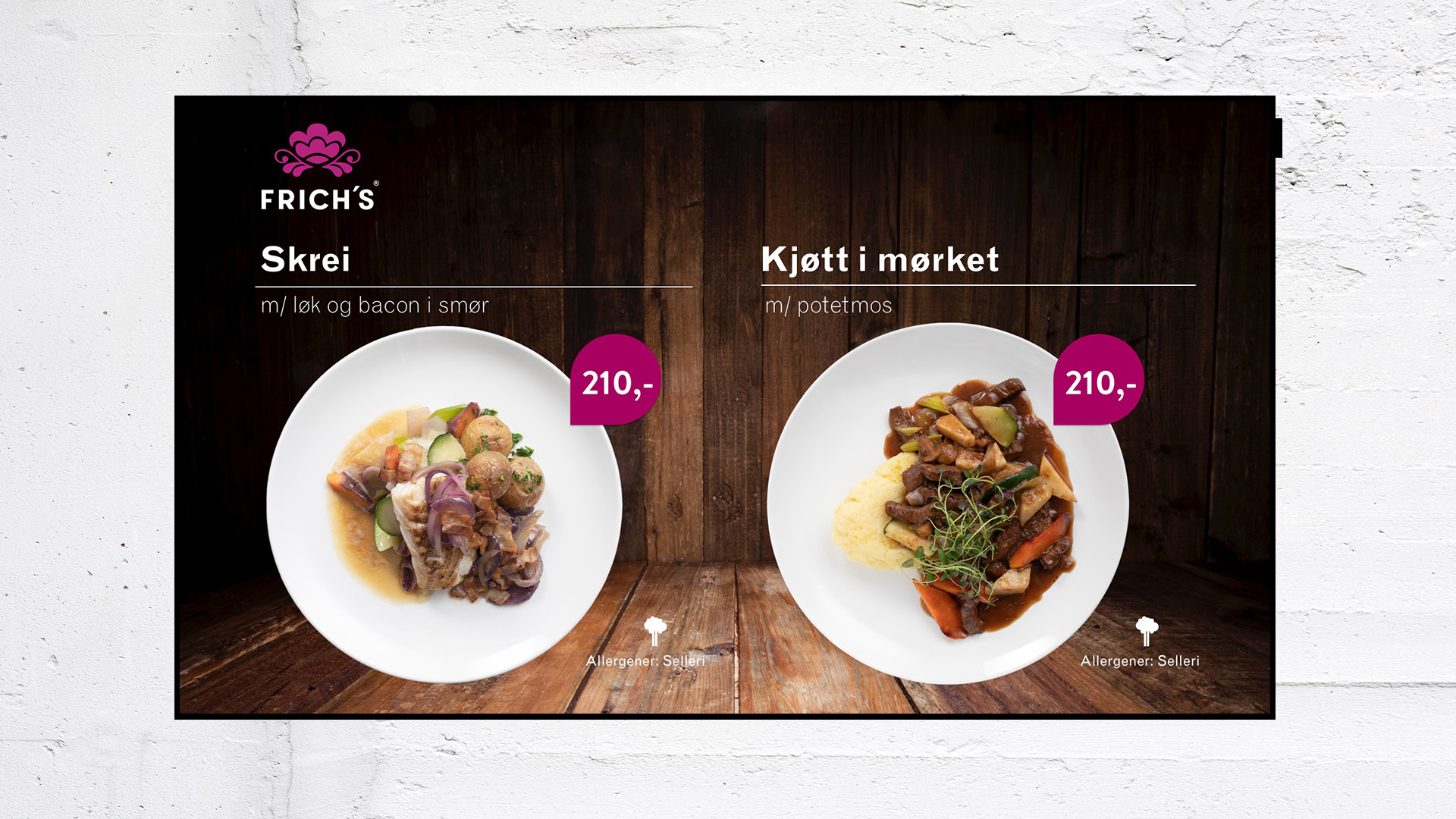
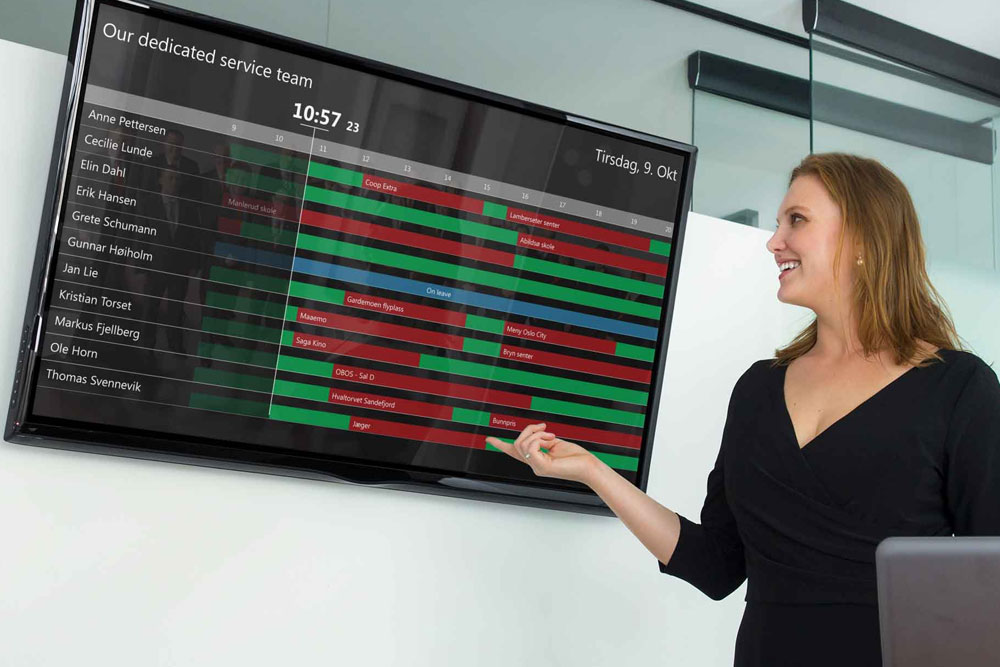

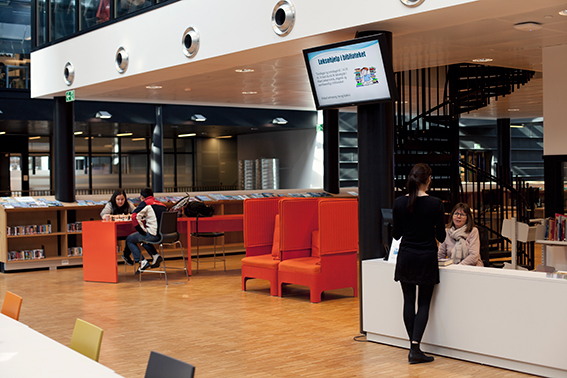





.png)